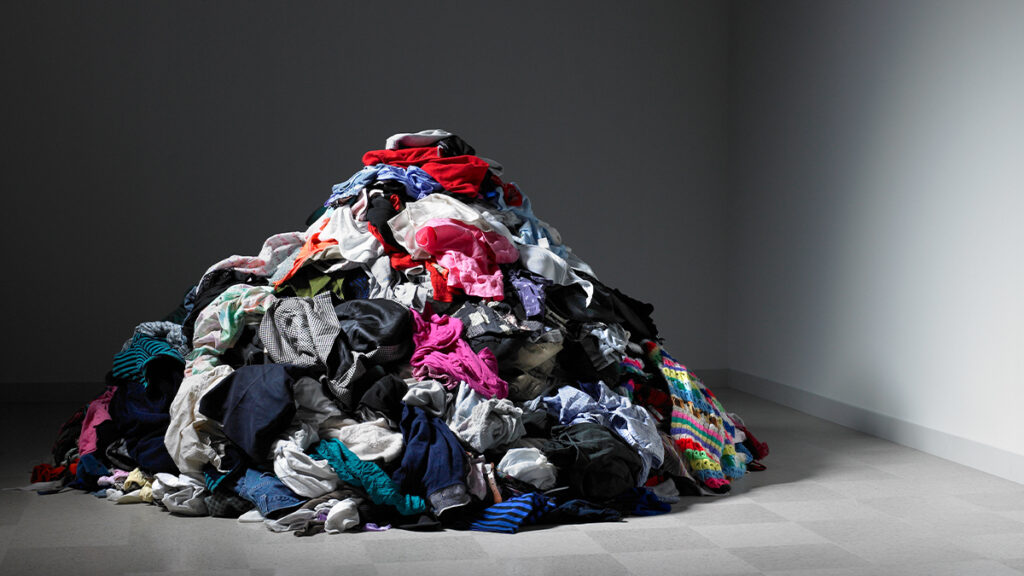
Sustainable Fashion: Redefining the Industry’s Future

The fashion industry has long been associated with environmental and social issues, but a wave of change is sweeping through the sector. Sustainable fashion is gaining prominence as consumers demand transparency, ethical sourcing, and eco-friendly production processes. This article delves into the innovations and initiatives driving the sustainable fashion movement, highlighting brands that are leading the way and exploring the challenges that still need to be addressed.
The fashion industry has historically faced criticism for its negative impact on the environment and society. However, there is now a growing movement towards sustainable fashion, driven by the increasing demand from consumers for transparency, ethical practices, and eco-friendly production. This article explores theinnovations and initiatives that are reshaping the fashion industry, focusing on the leading brands and the challenges that lie ahead.
1. Consumer Demand for Sustainable Fashion:
Today’s consumers are more conscious than ever about the environmental and social impact of their purchasing decisions. They are actively seeking out sustainable fashion options and are willing to support brands that align with their values. This demand has led to a significant shift in the industry, with brands adapting their practices to meet
these expectations.
2. Transparency and Supply Chain:
One of the key aspects of sustainable fashion is transparency in the supply chain. Consumers want to know where their clothes come from and how they are produced. Brands are now providing detailed information about their sourcing and manufacturing processes, ensuring that workers are treated fairly and that environmental standards are upheld.
3. Ethical Sourcing and Fair Trade:
Sustainable fashion promotes ethical sourcing practices, which involve ensuring fair wages, safe working conditions, and workers’ rights throughout the supply chain. Brands are increasingly partnering with fair trade organisations or working directly with artisans and local communities to create opportunities for economic empowerment and preserve traditional craftsmanship.
4. Eco-Friendly Materials and Production:
The use of sustainable materials is a crucial aspect of the sustainable fashion movement. Brands are exploring alternatives to conventional fabrics, such as organic cotton, hemp, bamboo, and recycled materials. Additionally, eco-friendly production processes, such as waterless dyeing, recycling wastewater, and reducing energy consumption, are being adopted to minimise the industry’s carbon footprint.
5. Circular Fashion and Waste Reduction:
Circular fashion aims to create a closed-loop system by minimizing waste and maximising the lifespan of garments. Brands are embracing concepts like recycling, upcycling, and rental and resale platforms to extend the life cycle of their products.This approach reduces the need for new production and prevents clothing from ending up in landfills.
6. Innovative Technologies:
Technological advancements are playing a significant role in driving sustainable fashion. From using virtual reality and augmented reality for virtual try-ons and reducing product returns to utilising artificial intelligence for supply chain optimization, brands are leveraging technology to improve efficiency and reduce waste.
7. Leading Sustainable Fashion Brands:
Several brands have emerged as leaders in the sustainable fashion space. They prioritise ethical practices, incorporate sustainable materials, and actively contribute to social and environmental causes. These brands serve as role models for the industry, inspiring others to follow suit and accelerating the shift towards sustainability.
Challenges and Future Outlook:
While the sustainable fashion movement has made significant progress, challenges remain. Scaling sustainable practices across the industry, ensuring accessibility and
affordability of sustainable fashion, and changing consumer behaviour on a larger scale are areas that require continued focus. However, with increasing awareness and collaboration, the future of the fashion industry holds great potential for positive change.
Sustainable fashion is redefining the future of the industry, driven by consumer demand for ethical and eco-friendly practices. Brands are embracing transparency, ethical sourcing, and eco-friendly production processes. With innovation, collaboration, and continued efforts, the fashion industry can transform into a more sustainable and responsible sector, benefiting both the planet and its people.

